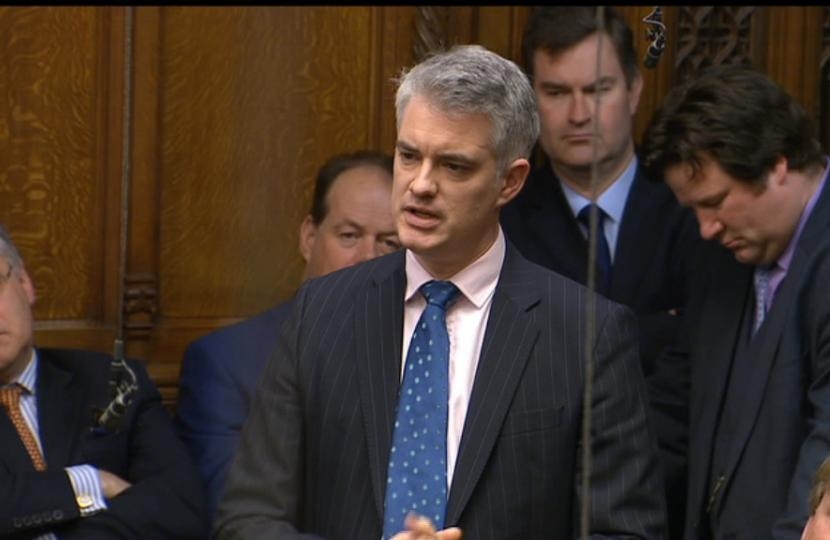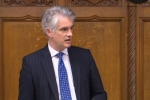
On 29th June, just six days after the vote to leave the EU, I said in the first Commons debate that followed: “Is it not the case that, in the best case scenario, it is inevitable that a huge amount of Government energy and time will be diverted to legal wrangling and other issues? We should be focusing on the huge issues that the country faces.”
And here we are. Brexit dominates every aspect of political conversation; it takes up every megabyte of Government bandwidth.
Perhaps this is understandable. The whole process of leaving the EU is now climaxing. There may be those who think we can renegotiate even at this late hour, or can just chuck the whole thing, storm out and revert to the world’s bog standard trade rules (‘WTO’). And there is constant speculation about what will happen to a Prime Minister who I believe is performing an almost impossible job, under almost unimaginable pressure. Yet the only thing we know for an absolute fact is that time is running out.
As I have written in this paper before, I campaigned to Remain. I did so sincerely, and never hide that fact. One of the reasons was fear of precisely this type of prolonged uncertainty, and at times, chaos. It feels like we have opened a Pandora’s Box and are struggling to get the lid back on.
Nevertheless, I voted the referendum into law so that we could settle this issue once and for all, instead of constantly blaming Brussels for all our woes, and I promised to respect the result. And I have done so. I voted for article 50 along with 497 other MPs, and have supported all Brexit related legislation since, not least to ensure an orderly transition with a legal framework actually in place when we leave, rather than a vacuum.
Let us not forget that for months we have all questioned if a deal would be reached with the EU. The Prime Minister now has a draft withdrawal deal and an outline of long-term arrangements. I have taken my time to read the huge draft document in full and to reflect on its substance. Yes, I share the concerns of many who worry about the ‘back-stop’ which the EU have insisted on (but would also insist on in any other deal). This would see the UK remain in the Customs Union after the transition in order to guarantee no hard border in Northern Ireland.
Thus, this week I spoke privately to both the PM and the Attorney General to seek assurances that the back-stop was very unlikely to be used. Nobody can guarantee this but they were both clear that neither the EU nor the UK would want to use the back-stop if at all possible.
On the other hand, the proposal has many upsides that Brexiteers voted for – ending free movement; not paying in billions; powers back over farming, fisheries and trade; outside the ECJ’s jurisdiction. Yet, at the same time we would preserve tariff free trade and secure a transitional departure to avoid economic disruption.
There is no other deal on offer. If the vote is lost, we have no deal and that brings massive economic and political risk. We may even end up remaining in the EU via a second referendum which would over-turn the democratic say of all those who voted to leave. Thus, I hope that we hear further positive noises from the negotiations but my intent is to vote for the deal. If passed we might also, finally, move the focus of Government onto other vital areas of policy.
Published by Suffolk Free Press.

